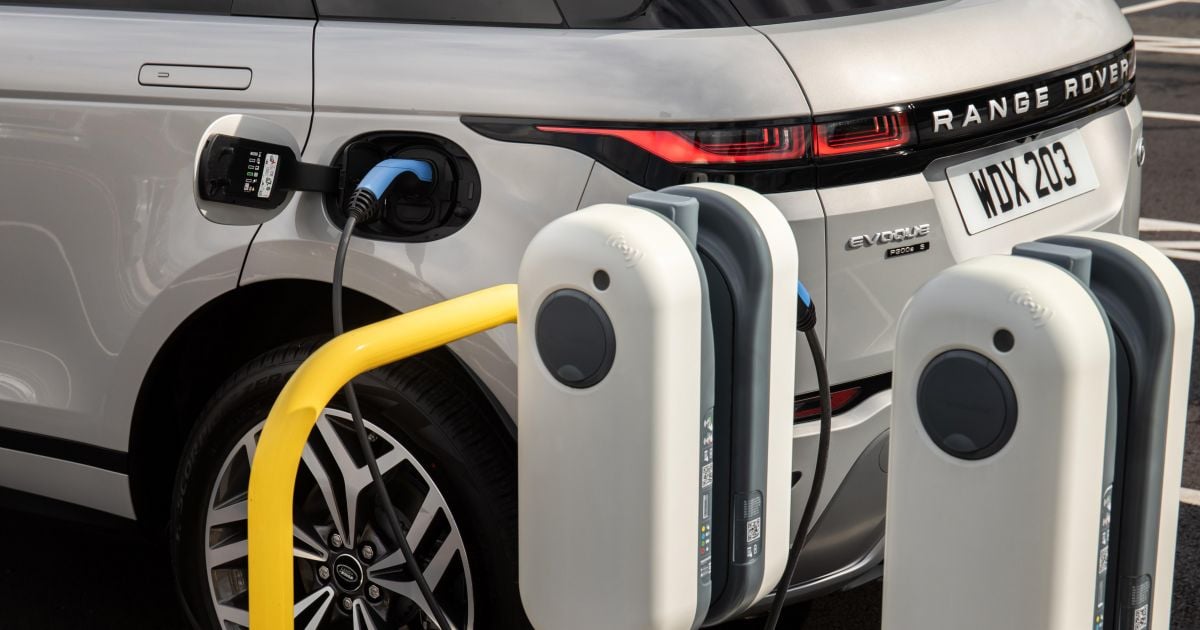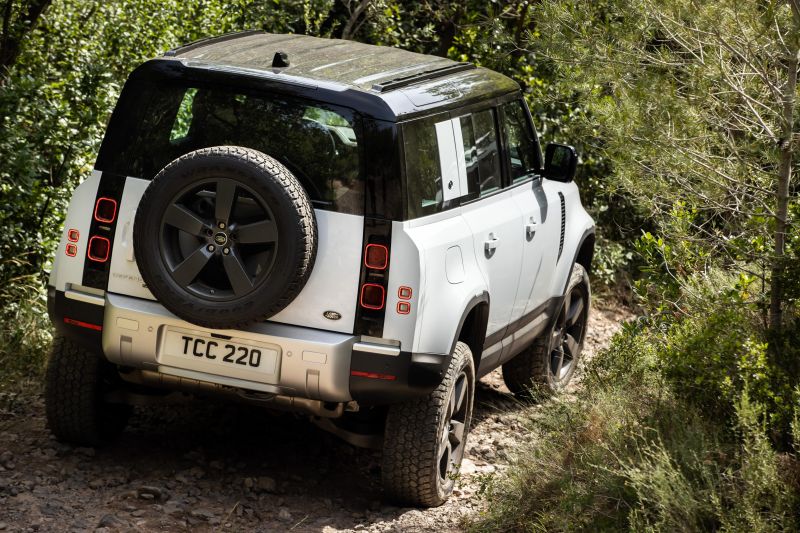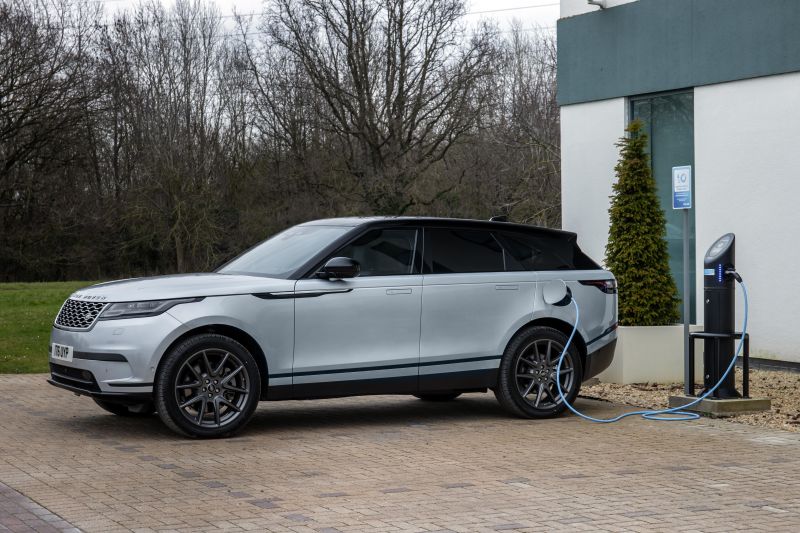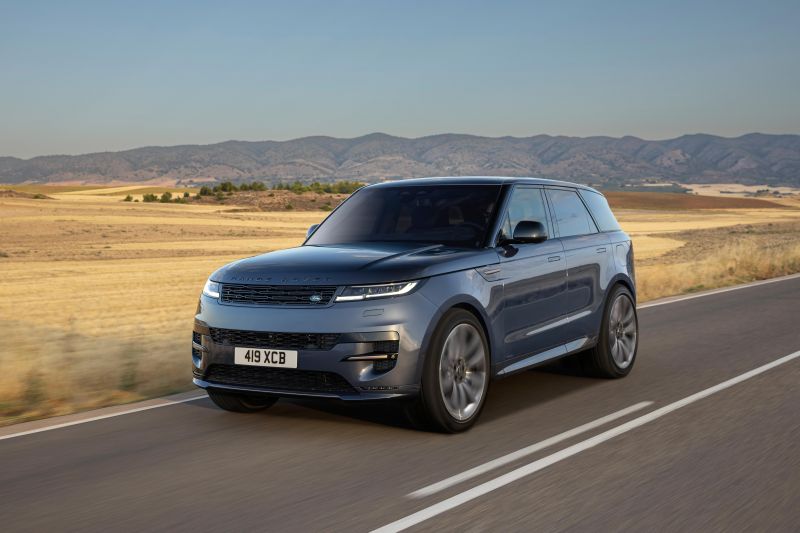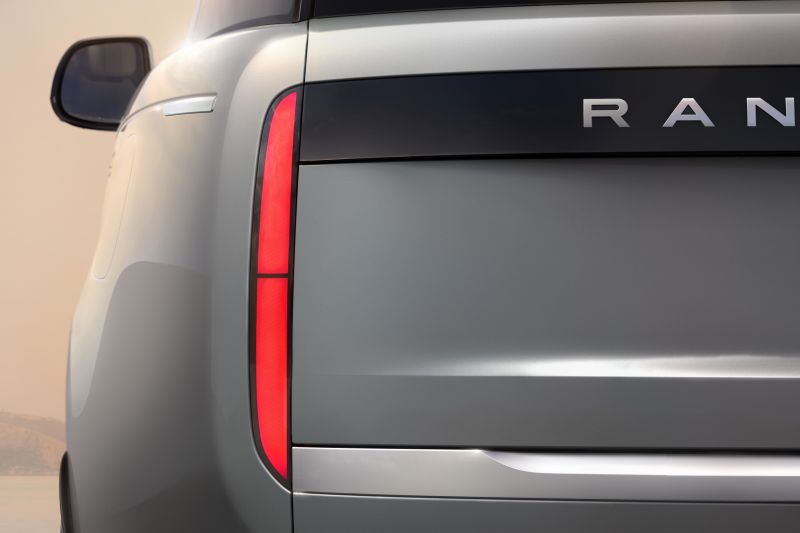Despite all the hype around electric vehicles (EV), JLR is now having to adjust its ambitions as demand for such vehicles cools.
According to a report by Automotive News Europe, CEO Adrian Mardell said JLR is now “working hard” to make plug-in hybrids (PHEVs) more available across its lineup, while development timelines for electric models are being extended.
In 2021, JLR said it aimed to launch six electric Land Rover models by 2026. It now says it plans to launch only four, plus a couple of electric Jaguars.
“We are a little bit slower than we said three years ago,” Mr Mardell said on a February 2 earnings call.
But Mr Mardell also pointed to a cooling of demand for EVs.
“What you have seen from other OEMs is that the race to BEV is starting to stutter a little,” Mr Mardell said.
Last year, JLR reportedly experienced the biggest increase of any carmaker in PHEV sales across Europe.
The British marque’s PHEV sales soared by 68 per cent in 2023 compared with the year before, totalling 45,224 sales according to Automotive News citing Dataforce data.
According to the European Automobile Manufacturers’ Association, PHEVs accounted for 7.7 per cent of European vehicle sales in 2023.
EVs had almost twice as much market share at 14.6 per cent, while hybrids beat them both at 25.8 per cent.
“PHEV acceptance has been quite a surprise,” Mr Mardell said in response.
“We are working hard in the interim time to make more PHEVs available to the marketplace,” he added. The brand has previously fought to overcome supply chain issues.
While JLR may be racing to field enough PHEV models to cater to somewhat sudden demand, the company is still working towards its planned BEV models.
JLR says the waiting list for its Range Rover Electric is already at 16,000 before prices have even been released. JLR chief financial officer Richard Molyneux reportedly said the new model’s price would be high enough to retain the company’s improved profit margins.
Apart from the aforementioned Range Rover Electric, JLR is also reportedly planning an electric Range Rover Sport that will share the MLA architecture.
The company’s next Range Rover Evoque and Velar and Land Rover Discovery Sport are expected to use the upcoming Electrified Modular Architecture (EMA), which will be for EVs only.
The platform was previously hailed as an electric-first platform that would also support internal-combustion engines and plug-in hybrid powertrains to “meet the needs of different markets around the world, that are moving at different speeds towards carbon net zero targets”.
The first EMA-based vehicles will go into production from late 2024, with the second-generation Range Rover Velar thought to be first (electric) cab off the rank. However it remains to be seen if that target will be met.
The brand has previously confirmed it aims to move away completely from internal-combustion engines by 2039.
The Jaguar brand is set to undergo a much more rapid transition to electric propulsion.
By 2025, Jaguar’s entire lineup will be axed as it rolls out a range of new EVs and repositions itself as a more exclusive brand.
According to Autocar, the future Jaguar range will consist of a Bentley Bentayga-sized flagship SUV, a four-seat grand tourer, and a flagship sedan.

